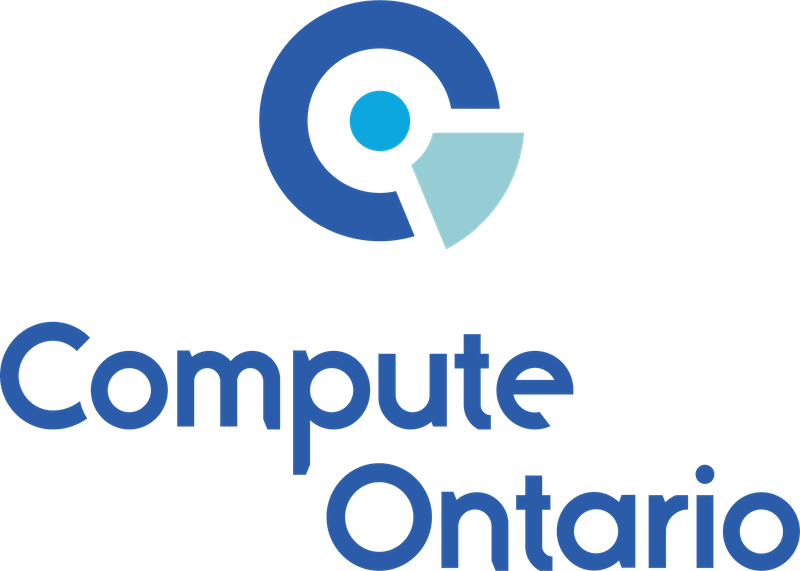Presenter: James Willis, SciNet
Numerical simulations have become one of the key tools used by theorists in all the fields of astrophysics and cosmology. The development of modern tools that target the largest existing computing systems and exploit state-of-the-art numerical methods and algorithms is thus crucial. In this talk, we introduce the fully open-source highly-parallel, versatile, and modular coupled hydrodynamics, gravity, cosmology, and galaxy-formation code Swift. The software package exploits hybrid task-based parallelism, asynchronous communications, and domain-decomposition algorithms based on balancing the workload, rather than the data, to efficiently exploit modern high-performance computing cluster architectures. Gravity is solved for using a fast-multipole-method, optionally coupled to a particle mesh solver in Fourier space to handle periodic volumes. For gas evolution, multiple modern flavours of Smoothed Particle Hydrodynamics are implemented. Swift also evolves neutrinos using a state-of-the-art particle-based method. Two complementary networks of sub-grid models for galaxy formation as well as extensions to simulate planetary physics are also released as part of the code. An extensive set of output options, including snapshots, light-cones, power spectra, and a coupling to structure finders are also included. We describe the overall code architecture, summarize the consistency and accuracy tests that were performed, and demonstrate the excellent weak-scaling performance of the code using a representative cosmological hydrodynamical problem with ≈300 billion particles. The code is released to the community alongside extensive documentation for both users and developers, a large selection of example test problems, and a suite of tools to aid in the analysis of large simulations run with Swift.
